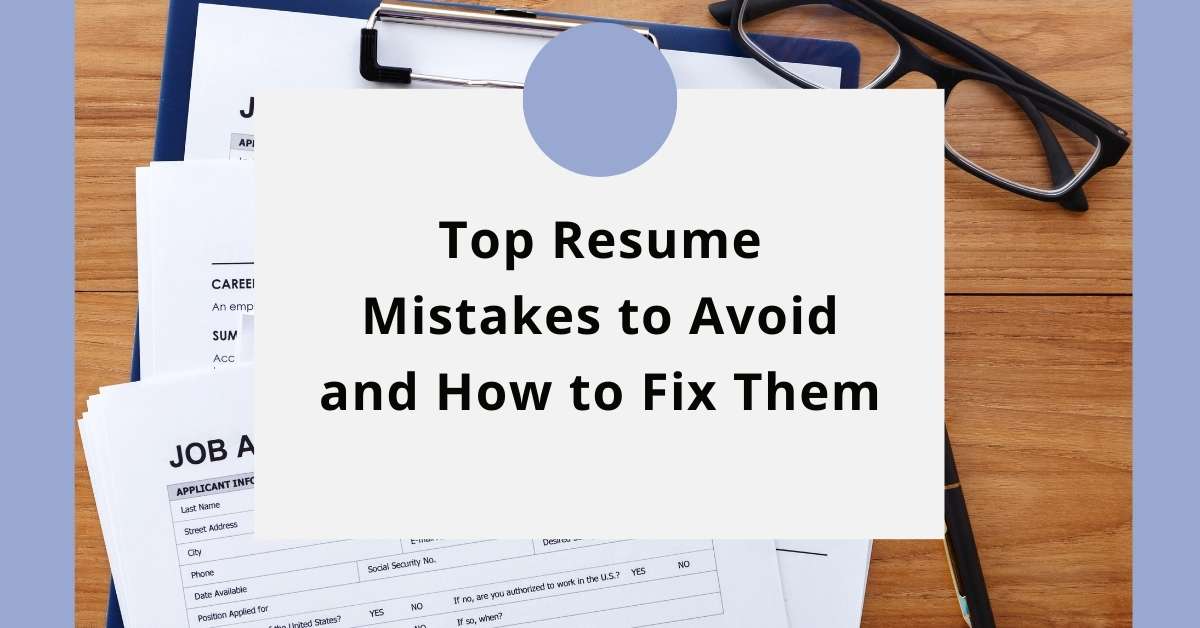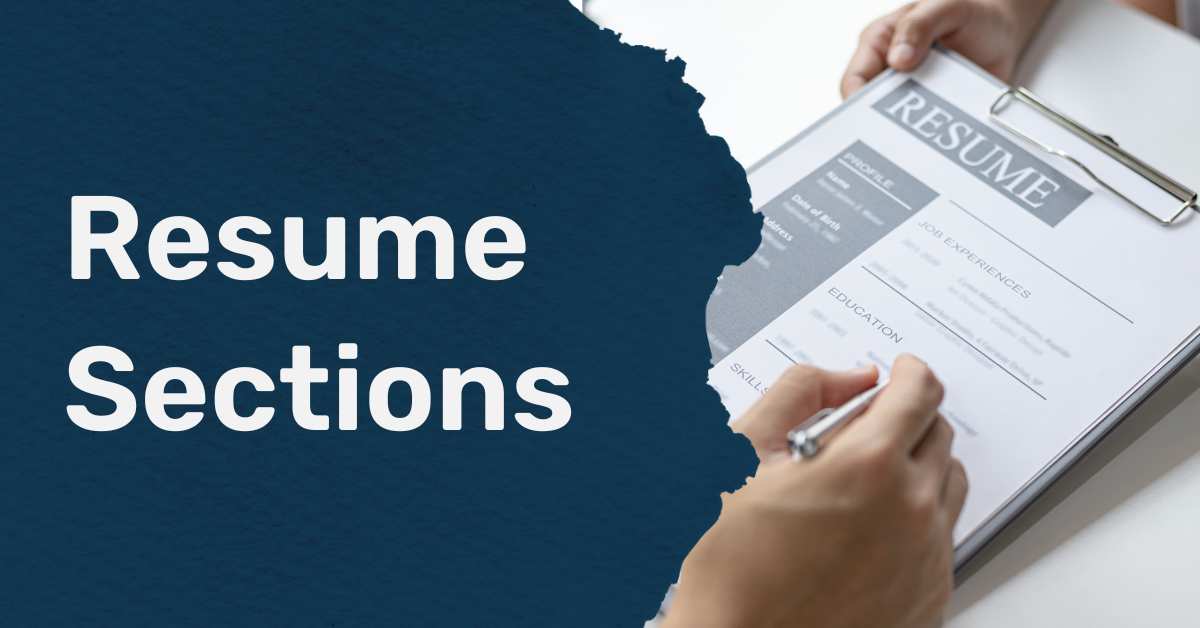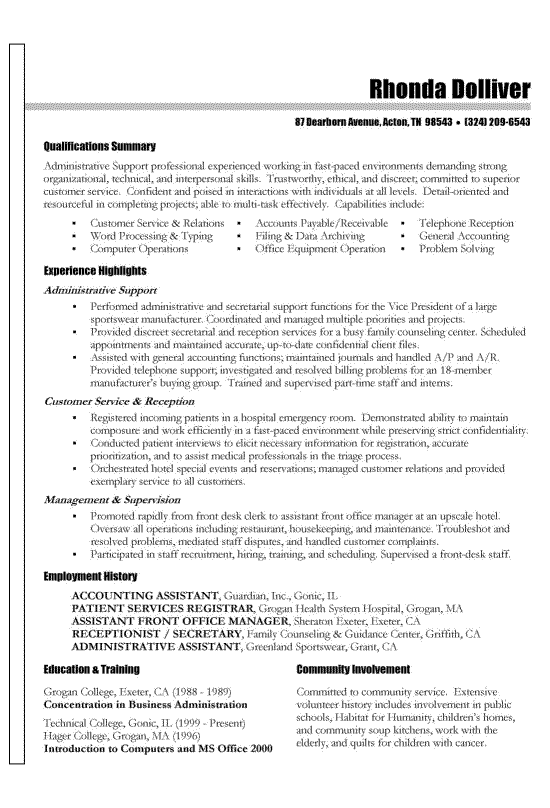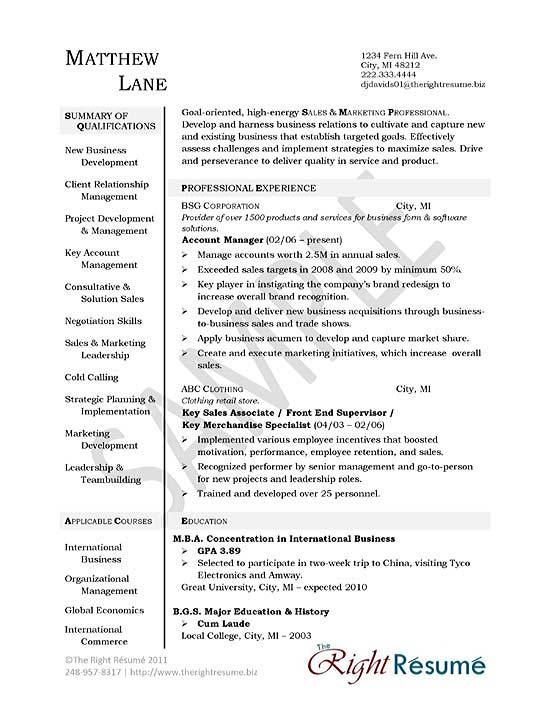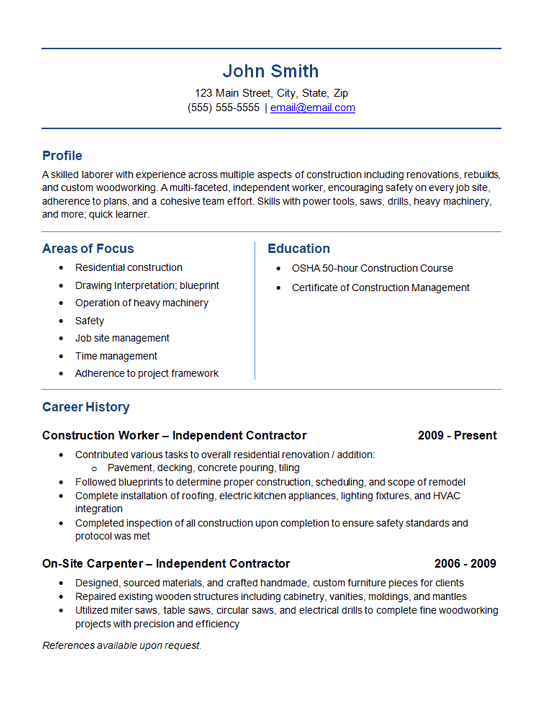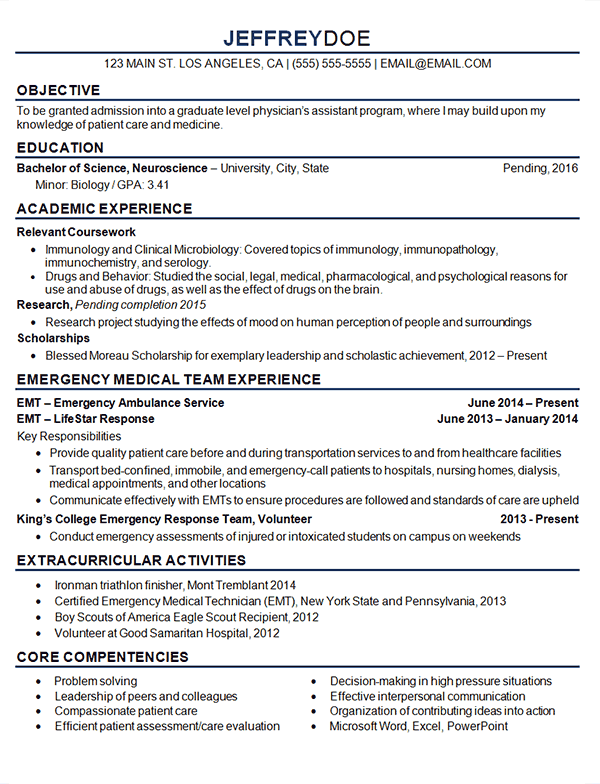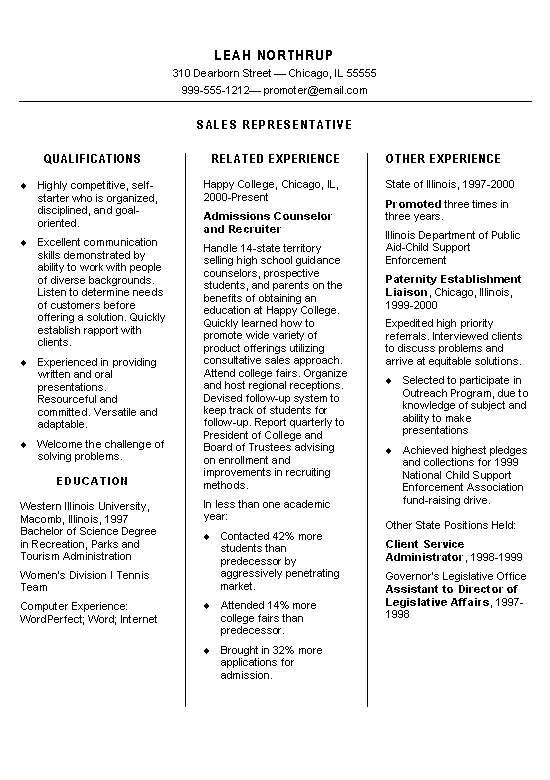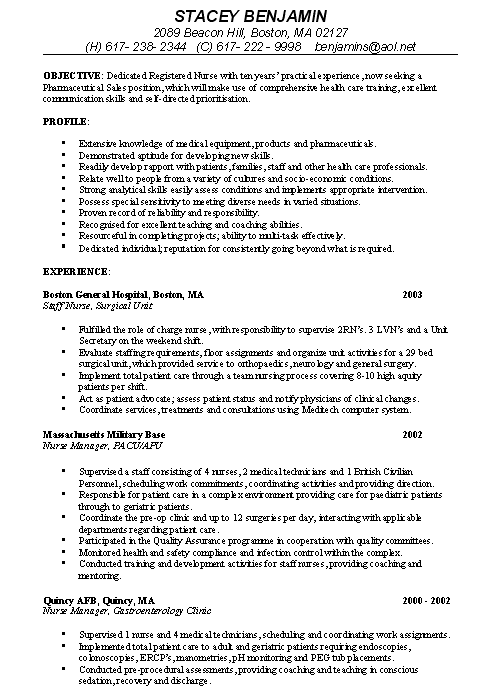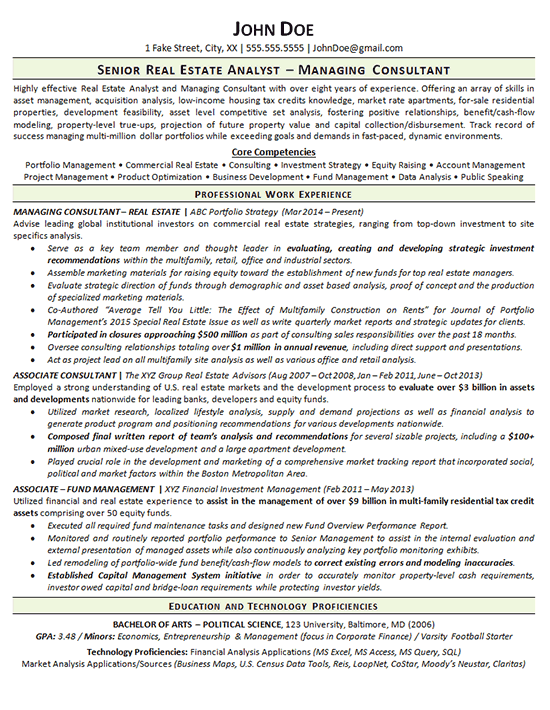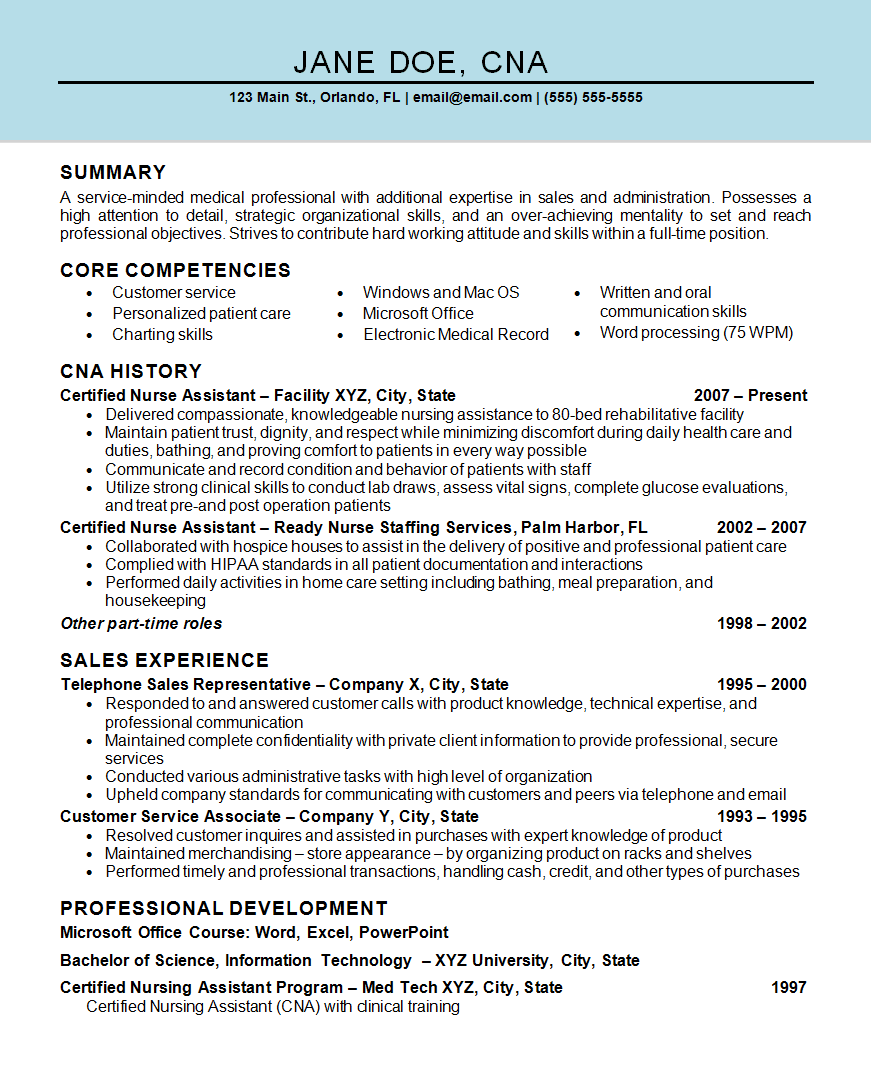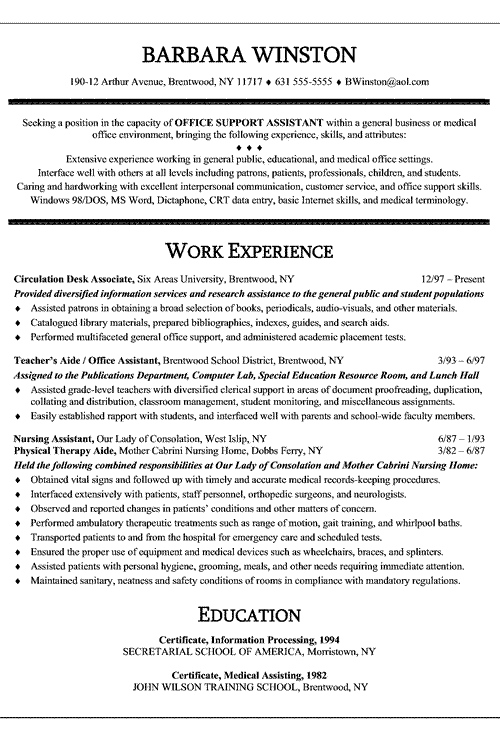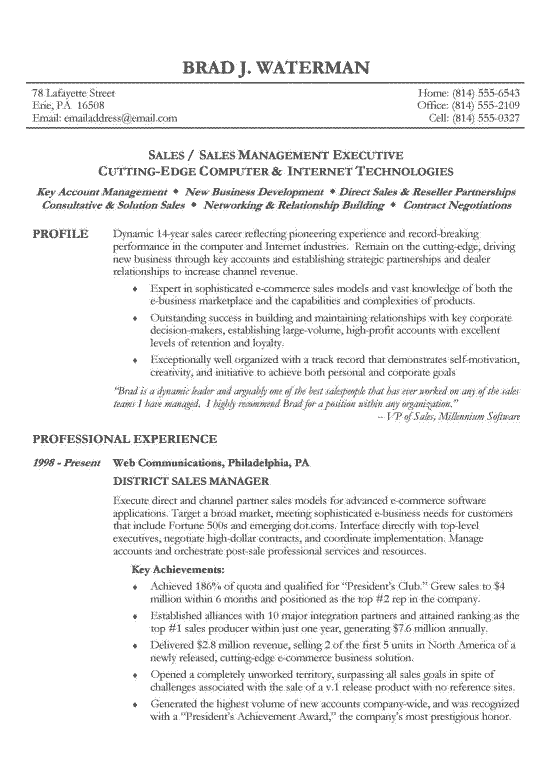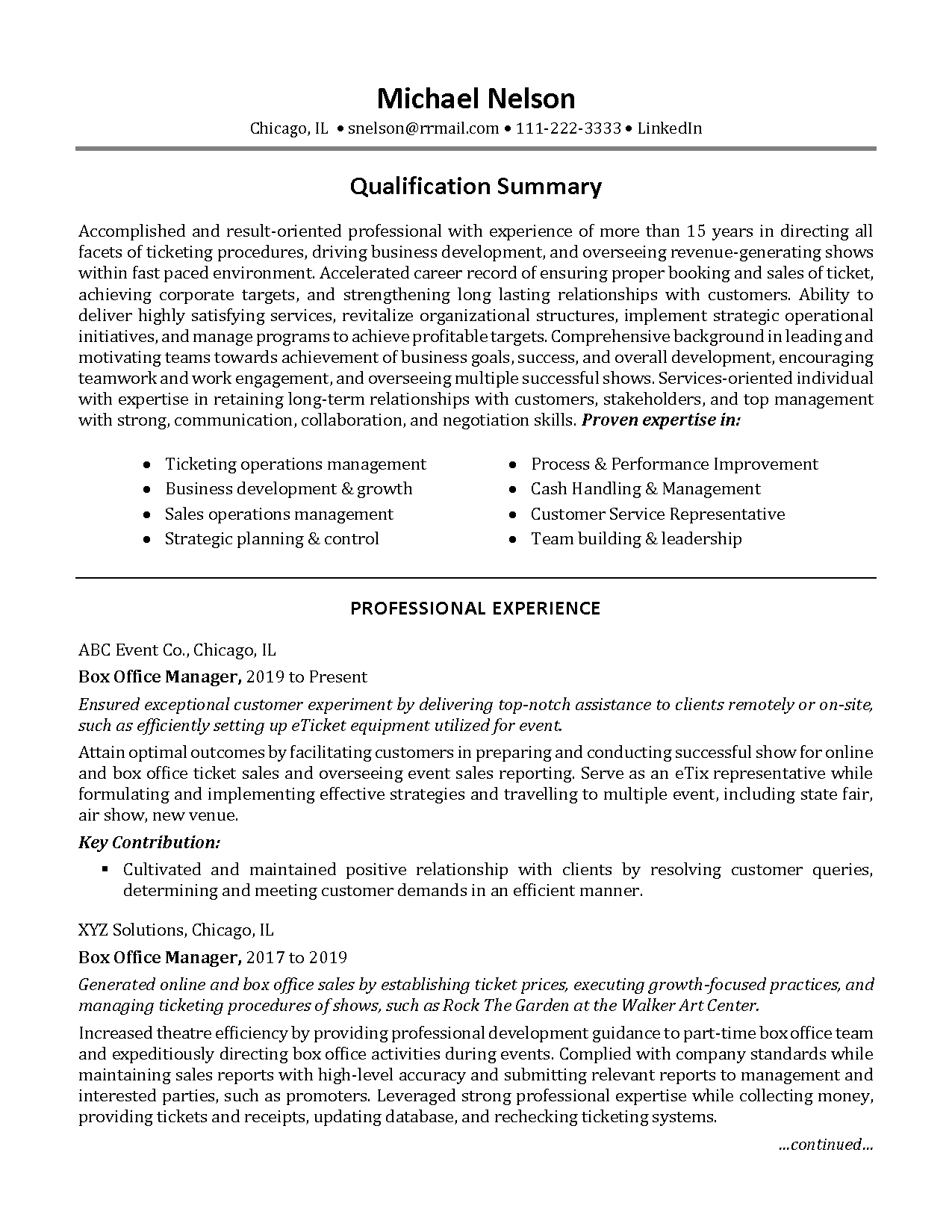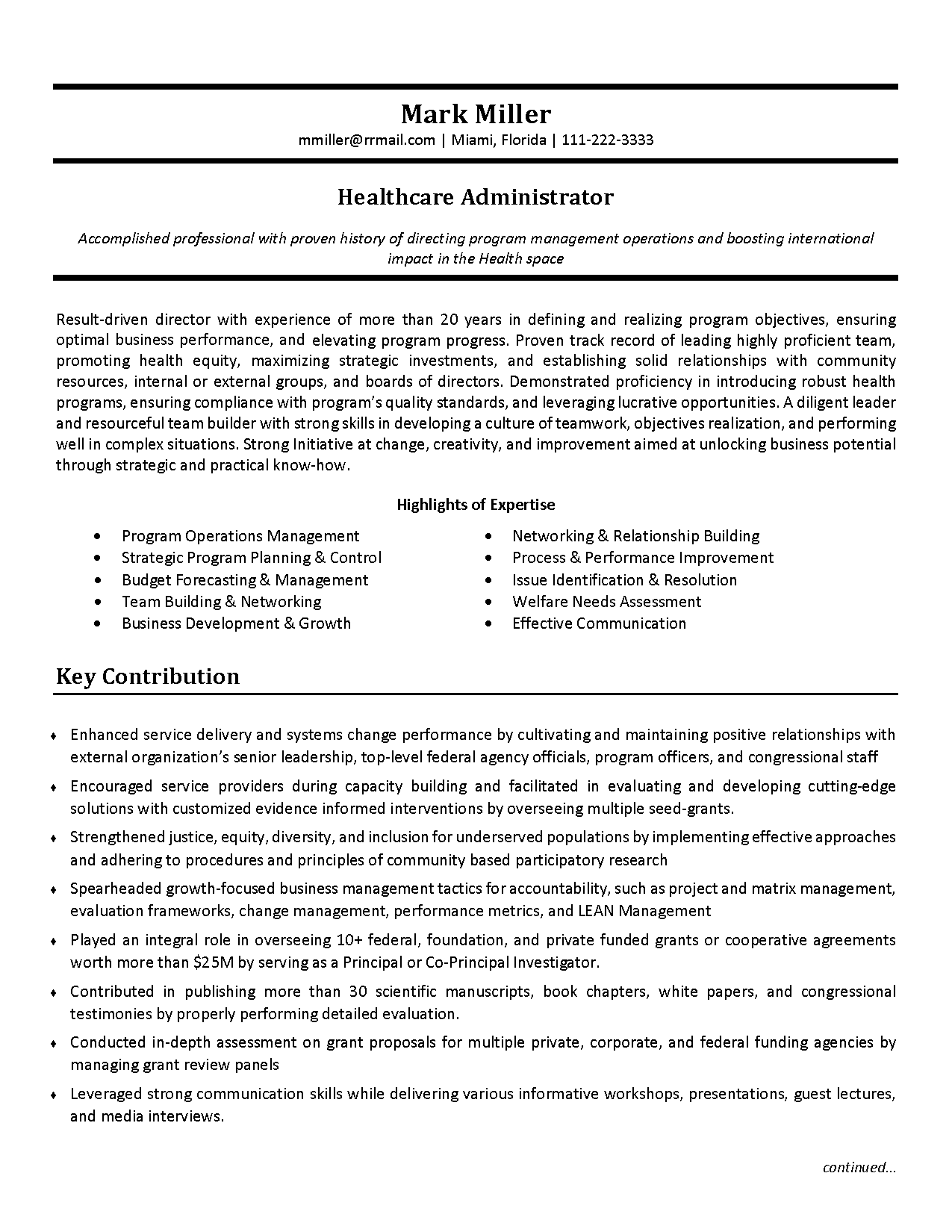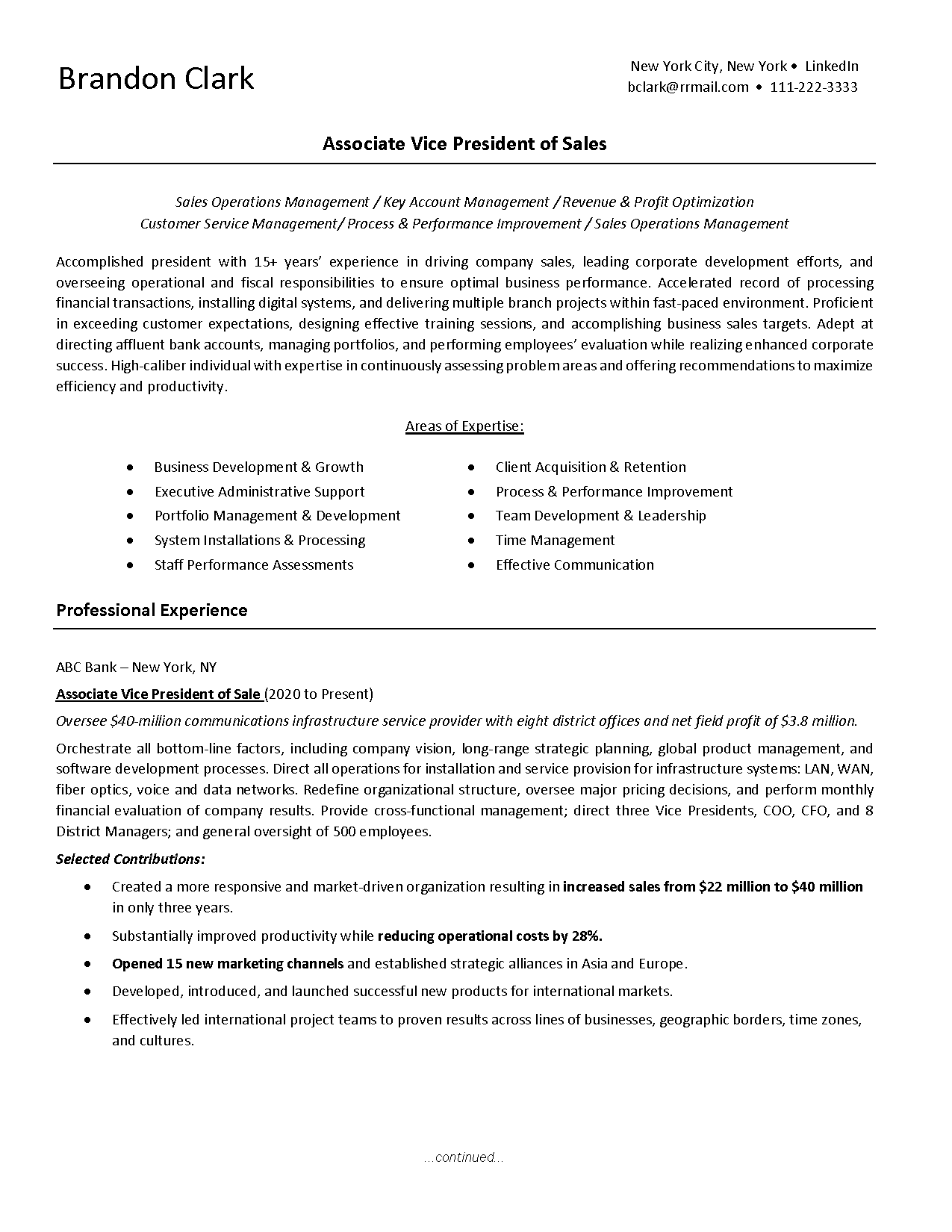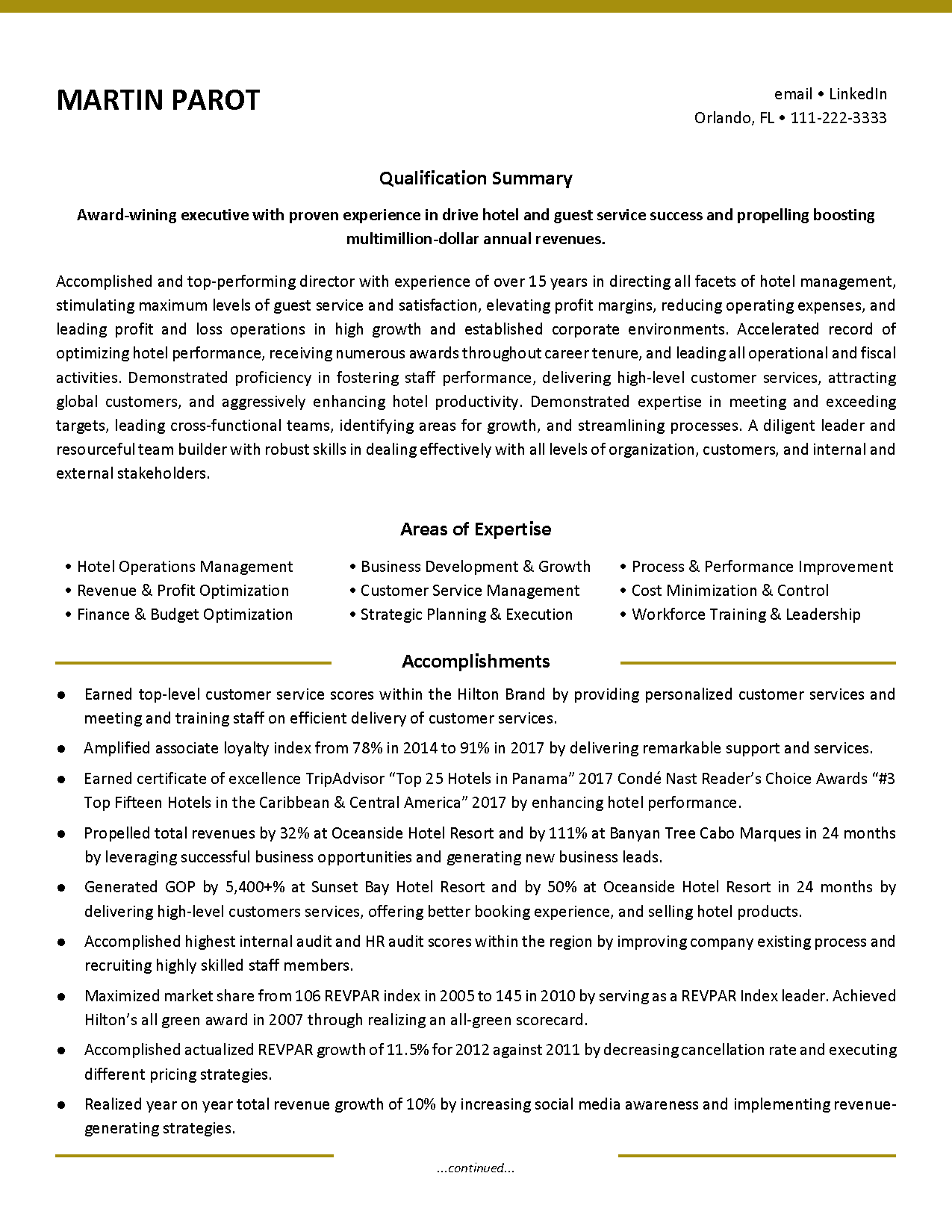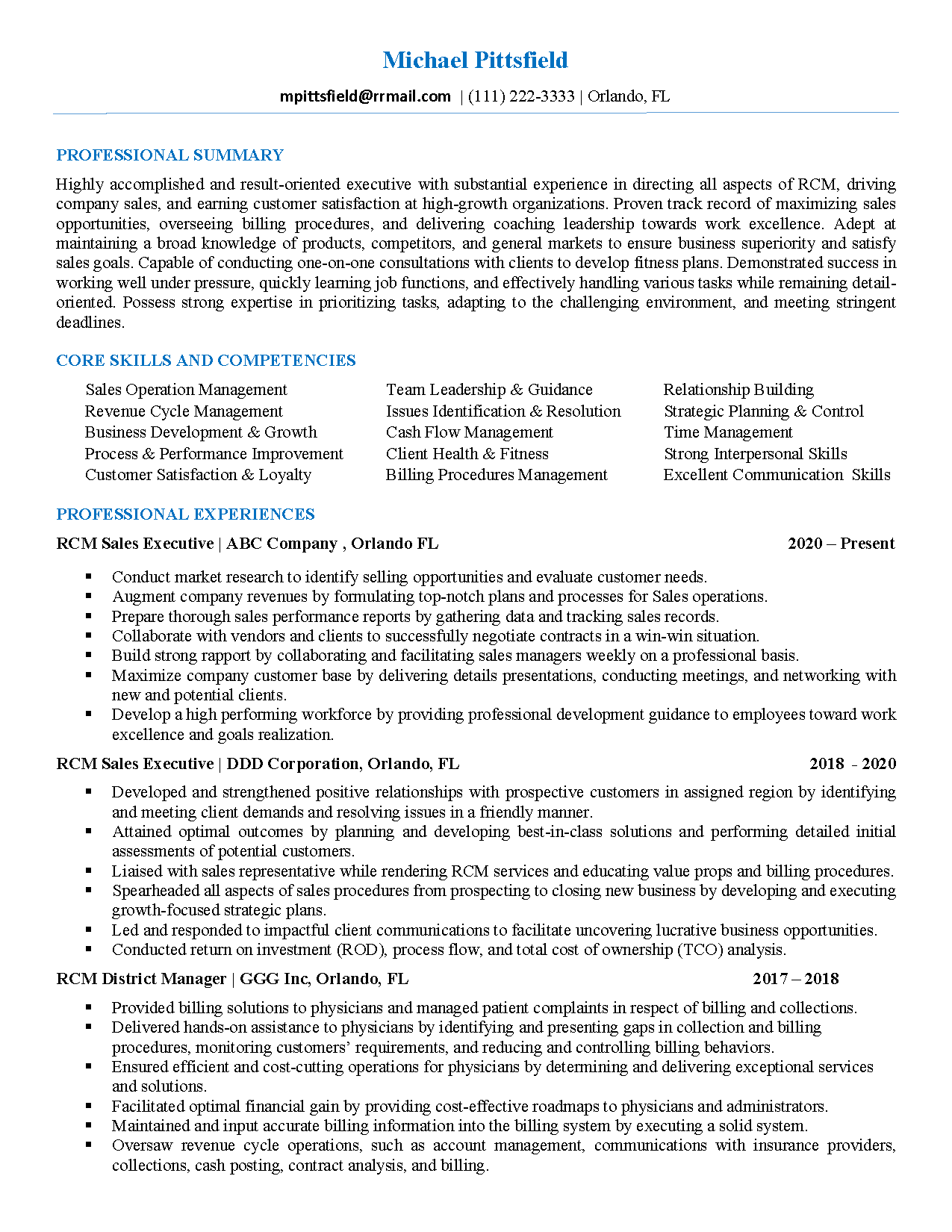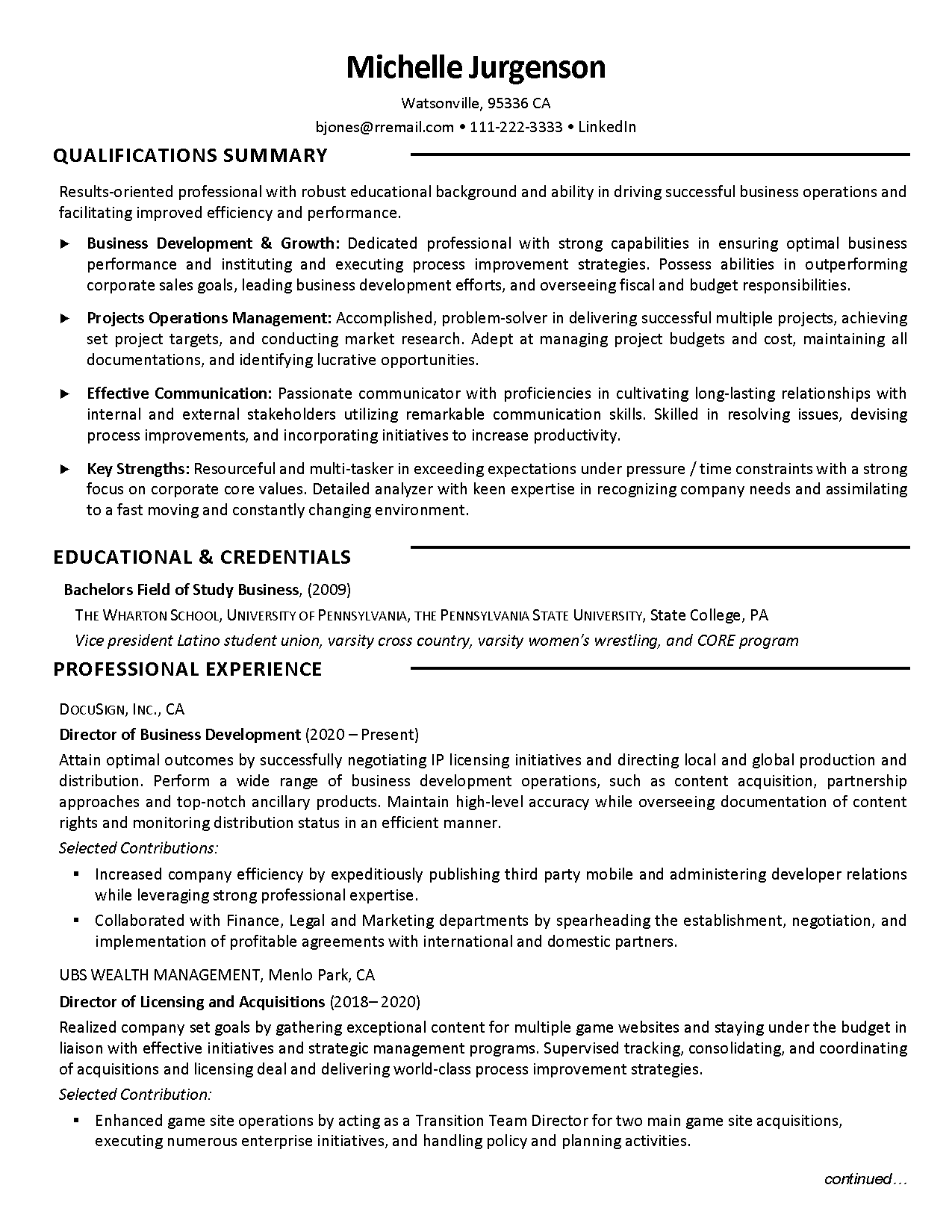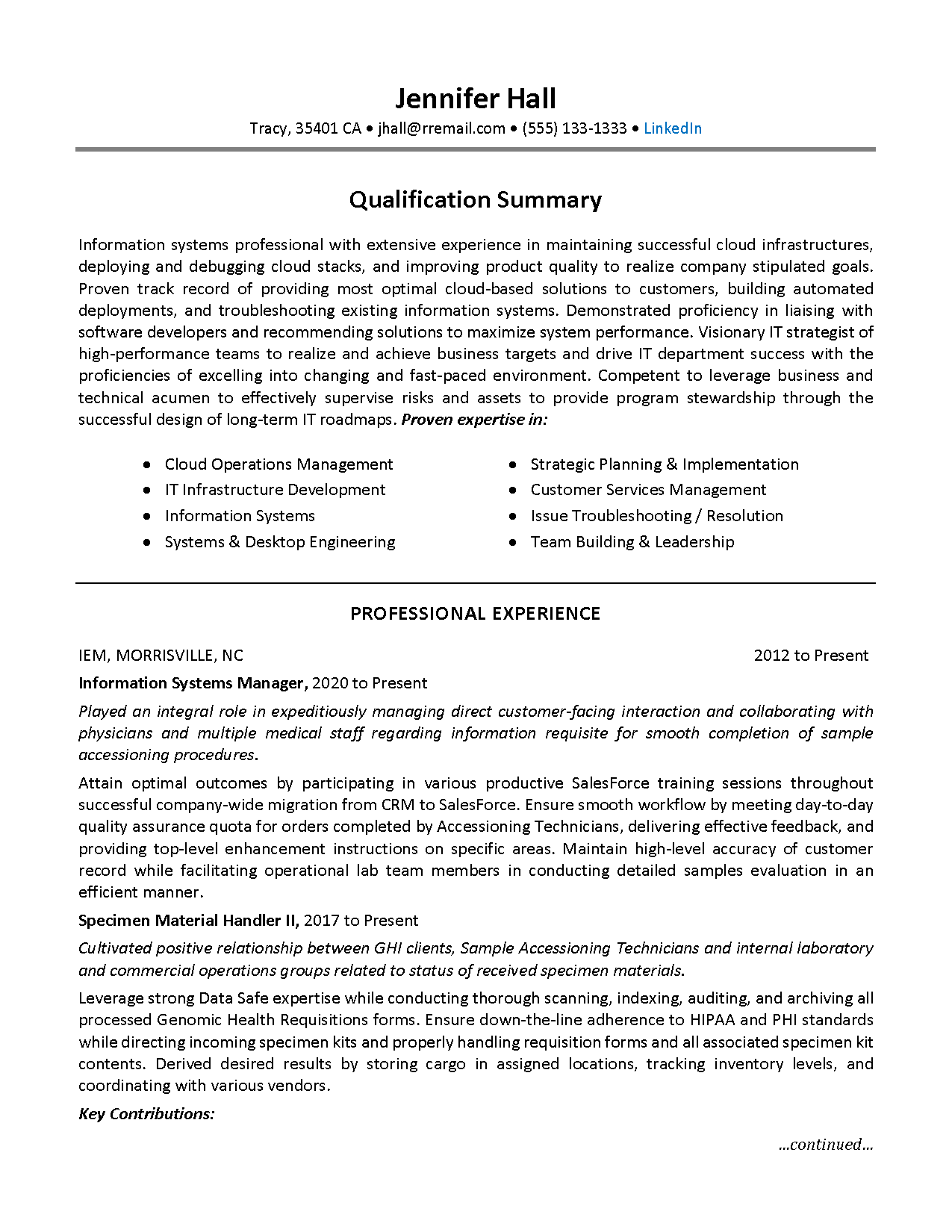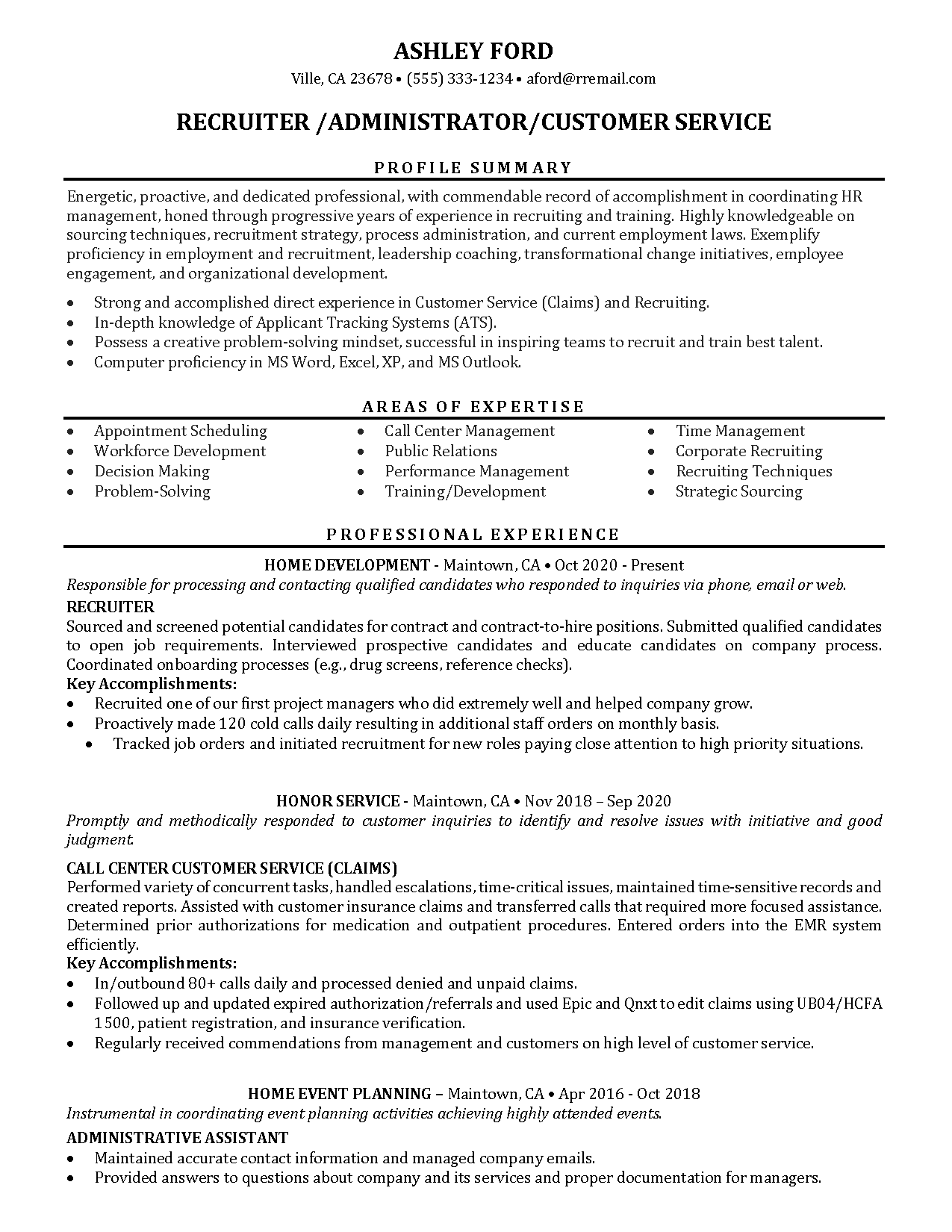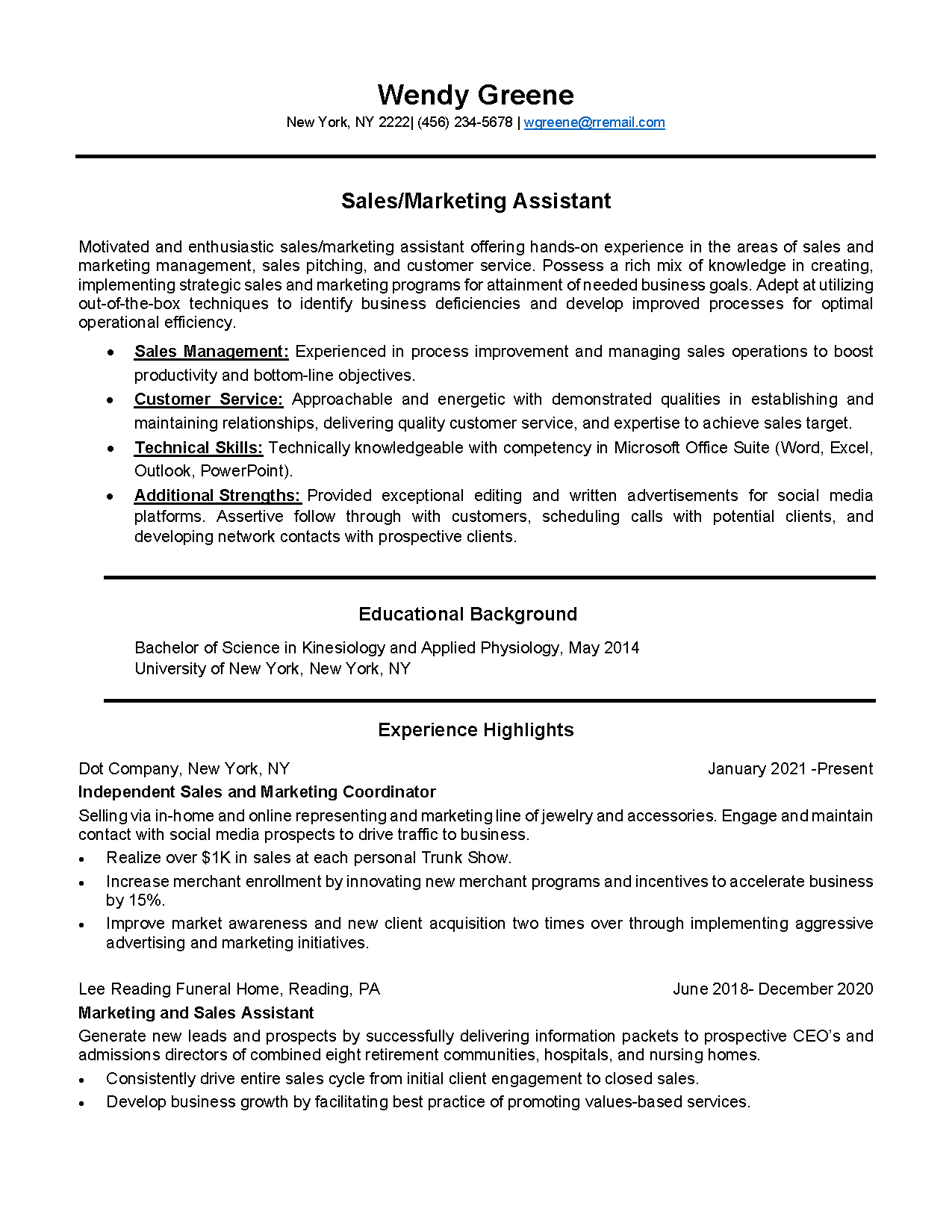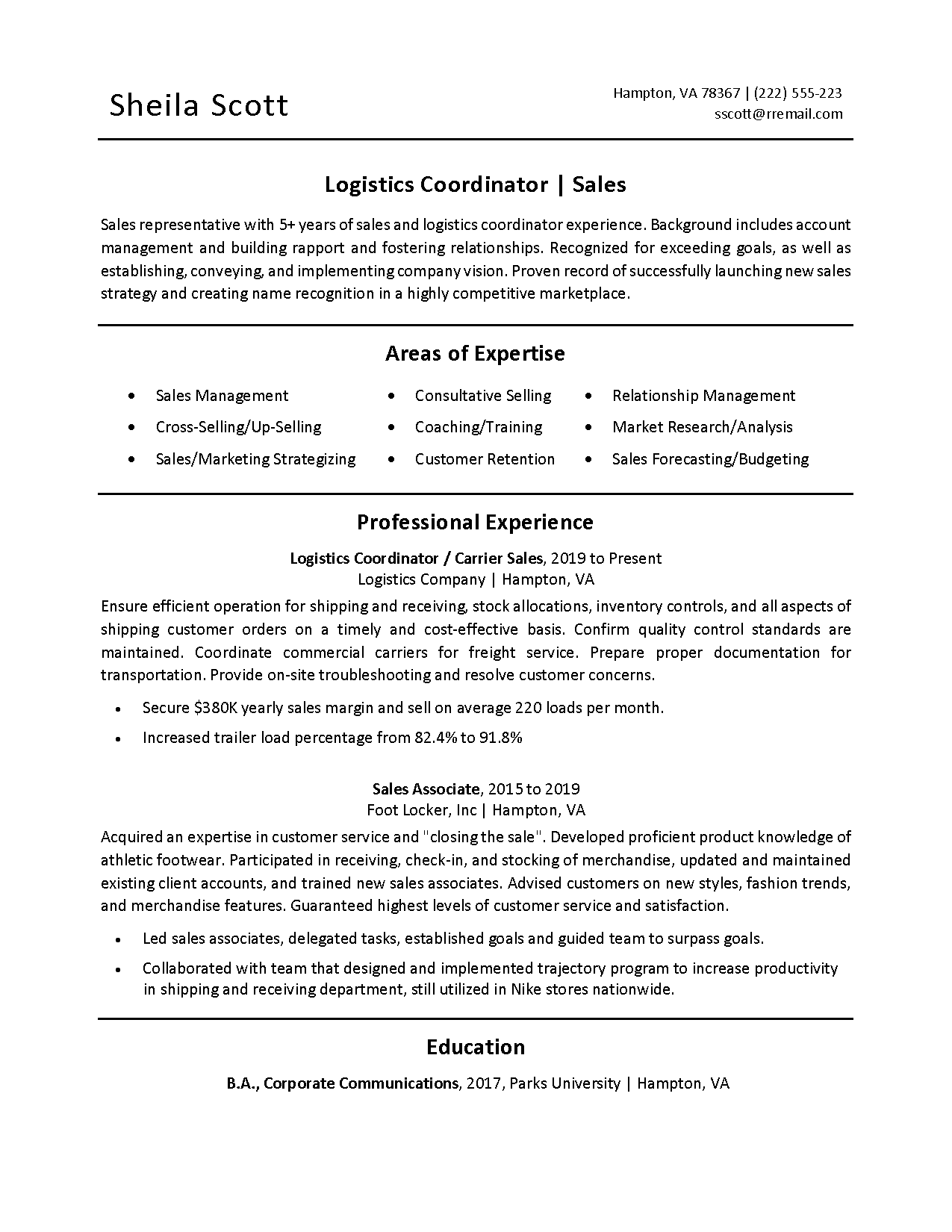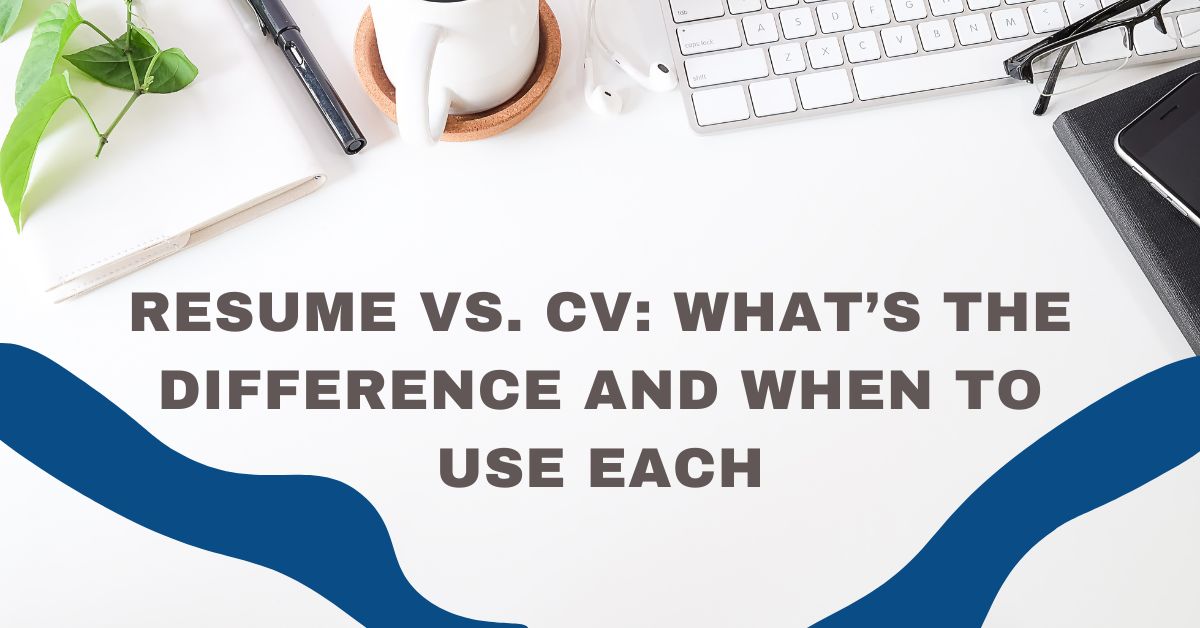
Resume vs. CV: What’s the Difference and When to Use Each
-
Table of Contents
- Introduction
- A Comprehensive Guide to Understanding the Difference Between a Resume and a CV
- How to Choose the Right Document for Your Job Search: Resume vs. CV
- Crafting the Perfect Resume or CV: What You Need to Know
- The Pros and Cons of Using a Resume vs. a CV
- Tips for Writing a Winning Resume or CV for Your Dream Job
- Conclusion
Introduction
A resume and a CV (curriculum vitae) are both documents that summarize a person’s qualifications, skills, and experiences. While they are often used interchangeably, there are some key differences between the two documents. Knowing when to use a resume or a CV is important, as it can make the difference between getting an interview or not. This article will provide an overview of the differences between a resume and a CV, and when to use each.
A Comprehensive Guide to Understanding the Difference Between a Resume and a CV
A resume and a CV are two distinct documents that are used for different purposes. While both documents are used to apply for jobs, they each serve a different purpose and should be used accordingly. Understanding the difference between a resume and a CV is essential for any job seeker.
A resume is a concise document that outlines your professional qualifications and experiences. It is typically one to two pages in length and should be tailored to the specific job you are applying for. A resume should include your contact information, a summary of your qualifications, a list of your professional experiences, and any relevant skills or certifications.
A CV, on the other hand, is a more comprehensive document that outlines your entire professional history. It is typically two to three pages in length and should include a detailed list of your qualifications, experiences, and skills. A CV should also include any awards, publications, or research projects you have completed.
When deciding which document to use, it is important to consider the job you are applying for. If the job requires a more detailed overview of your qualifications and experiences, a CV is the best option. However, if the job requires a more concise overview of your qualifications, a resume is the better choice.
No matter which document you choose, it is important to ensure that it is well-written and error-free. Both documents should be tailored to the job you are applying for and should highlight your most relevant qualifications and experiences.
By understanding the difference between a resume and a CV, you can ensure that you are using the right document for the job. With the right document in hand, you can be sure that you are presenting yourself in the best possible light to potential employers.
How to Choose the Right Document for Your Job Search: Resume vs. CV
When it comes to your job search, it is important to choose the right document to present your qualifications. The two most common documents used in job searches are resumes and CVs. Knowing the difference between the two and when to use each one is essential for a successful job search.
A resume is a concise document that outlines your professional experience and qualifications. It is typically one page in length and should be tailored to the specific job you are applying for. A resume should include your contact information, a summary of your qualifications, a list of your professional experience, and any relevant education or certifications.
A CV, or curriculum vitae, is a more comprehensive document that outlines your professional experience and qualifications in greater detail. It is typically two to three pages in length and should include your contact information, a summary of your qualifications, a list of your professional experience, any relevant education or certifications, and any awards or honors you have received.
When deciding which document to use for your job search, consider the type of job you are applying for. If you are applying for a job that requires a more detailed description of your qualifications, a CV is the better choice. However, if you are applying for a job that requires a more concise overview of your qualifications, a resume is the better choice.
No matter which document you choose, make sure it is well-written and tailored to the job you are applying for. This will help you stand out from the competition and increase your chances of getting the job.
Crafting the Perfect Resume or CV: What You Need to Know
Crafting the perfect resume or CV is an important step in any job search. It is the first impression you make on potential employers and can be the difference between getting an interview or not. Knowing what to include and how to present yourself in the best light is essential for success.
When writing your resume or CV, it is important to keep it concise and to the point. Focus on the most relevant information and highlight your accomplishments. Avoid using overly flowery language or jargon, and make sure to proofread for any typos or errors.
Start by including your contact information, such as your name, address, phone number, and email address. You should also include a professional summary that outlines your qualifications and experience. This should be followed by a list of your work experience, education, and any relevant skills or certifications.
When describing your work experience, focus on the accomplishments you achieved in each role. Include any awards or recognition you received, as well as any special projects you worked on. Be sure to include any relevant volunteer experience or extracurricular activities.
When listing your education, include the name of the school, the degree you earned, and the year you graduated. If you have any special certifications or training, include those as well.
Finally, include any relevant skills or interests that may be of interest to potential employers. This could include computer skills, foreign language proficiency, or any other special talents or hobbies.
By following these tips, you can create a resume or CV that will help you stand out from the competition and get the job you want.
The Pros and Cons of Using a Resume vs. a CV
When it comes to applying for a job, there are two main documents that you will need to prepare: a resume and a CV. Both documents are important and serve different purposes, so it is important to understand the differences between them.
The main difference between a resume and a CV is the length and the amount of information included. A resume is typically one page in length and focuses on the most relevant information about your work experience, education, and skills. A CV, on the other hand, is much longer and includes a comprehensive overview of your professional and academic background.
The pros of using a resume include its brevity and the fact that it is easy to read. It is also a great way to highlight your most relevant skills and experiences. The cons of using a resume include the fact that it may not provide enough detail to give a full picture of your qualifications.
The pros of using a CV include the fact that it provides a more comprehensive overview of your qualifications and experiences. It also allows you to include more detail about your research, publications, and other accomplishments. The cons of using a CV include the fact that it can be difficult to read and may be too long for some employers.
Ultimately, the decision of whether to use a resume or a CV depends on the job you are applying for and the employer’s preferences. If you are unsure, it is best to ask the employer which document they prefer.
Tips for Writing a Winning Resume or CV for Your Dream Job
1. Start with a Professional Summary: Begin your resume or CV with a professional summary that outlines your qualifications and experience. This should be a concise statement that highlights your most relevant skills and accomplishments.
2. Use Keywords: Use keywords that are relevant to the job you are applying for. This will help your resume or CV stand out from the competition.
3. Tailor Your Resume or CV: Make sure to tailor your resume or CV to the job you are applying for. Highlight the skills and experience that are most relevant to the position.
4. Include Relevant Experience: Include any relevant experience that you have, such as volunteer work, internships, or part-time jobs.
5. Showcase Your Achievements: Showcase your achievements and successes in your resume or CV. This will help you stand out from the competition.
6. Use a Professional Format: Use a professional format for your resume or CV. This will help make it easier for employers to read and understand.
7. Proofread: Make sure to proofread your resume or CV for any errors. This will help ensure that your resume or CV is free of any mistakes.
8. Use a Professional Email Address: Use a professional email address when submitting your resume or CV. This will help ensure that your resume or CV is taken seriously.
9. Follow Up: Follow up with the employer after submitting your resume or CV. This will show that you are interested in the position and demonstrate your enthusiasm.
Conclusion
In conclusion, it is important to understand the difference between a resume and a CV when applying for a job. A resume is a brief summary of your qualifications and experience, while a CV is a more detailed document that includes a comprehensive list of your qualifications, experience, and accomplishments. Depending on the job you are applying for, you may need to use one or both documents. Knowing the difference between a resume and a CV can help you make sure you are presenting yourself in the best way possible.


